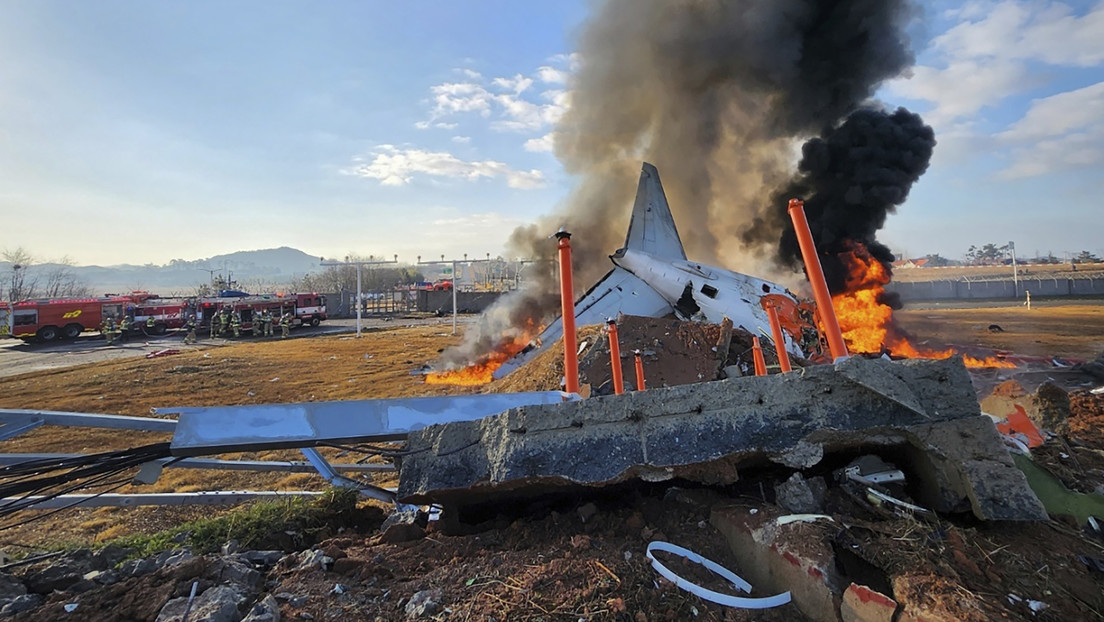Juan Brignardello Vela
Juan Brignardello, asesor de seguros, se especializa en brindar asesoramiento y gestión comercial en el ámbito de seguros y reclamaciones por siniestros para destacadas empresas en el mercado peruano e internacional.




Thirty artisanal fishermen from the Tumbes region have emerged from a critical situation after being rescued following two days stranded at sea, amidst an anomalous wave phenomenon that has hit the northern coast of the country. The intervention was carried out by the Peruvian Navy, which acted quickly in response to the distress call from the fishing community that was in danger. The adverse sea conditions, exacerbated by climatic phenomena affecting the region, left these fishermen in a state of desperation. Fidel Vite, a leader of the fishermen from Acapulco beach, expressed his anguish and concern for the future of families who depend on fishing for survival. "We need support. We are dedicated to fishing. We have no other income. Now, how are we going to live?" Vite stated to the press. The crisis is not limited to the daily sustenance of these families. With the closure of 91 ports along the northern and central coasts of the country, announced by the National Emergency Operations Center (COEN), the situation becomes even more complicated. The closed ports include strategic locations such as Zorritos, Punta Sal, and El Ñuro, drastically limiting the fishermen's ability to go out to sea and replenish their resources. The material damages are significant, with the reported destruction of at least 30 artisanal vessels, worsening the situation for those already facing the adversity of port closures. The loss of these boats not only represents an economic loss but also an emotional one, as many fishermen have a deep bond with their tools of trade. Despite the risks of staying at sea under these conditions, some fishermen have chosen to overnight offshore. This decision, although dangerous, reflects their determination to protect what little they have left and ensure that their tools do not fall into the wrong hands or deteriorate further due to the harsh weather. The impact of the anomalous waves is not only felt in the fishing community but also in the local economy. Fishing is one of the main sources of income in Tumbes, and with activity halted, many families are facing an economic crisis that could extend for weeks or even months. Fear for the immediate future looms over the community as the cost of living continues to rise. The government and local authorities are facing a major challenge. Support measures for the affected families are expected to be implemented. However, many voices in the community are calling for a quicker and more effective response, arguing that the situation requires immediate attention to prevent an economic and social collapse. Meanwhile, the affected fishermen are calling for solidarity. The situation highlights the vulnerability of coastal communities to natural phenomena and underscores the need to develop strategies that strengthen the resilience of these groups against future adversities. It is crucial for both the state and civil society to come together to provide support to these families. It is not just about rescuing stranded fishermen or closing ports, but about ensuring that an entire community does not sink into despair. The story of Tumbes serves as a reminder of the vulnerability of fishing communities and the importance of acting quickly and effectively in emergencies like these.

